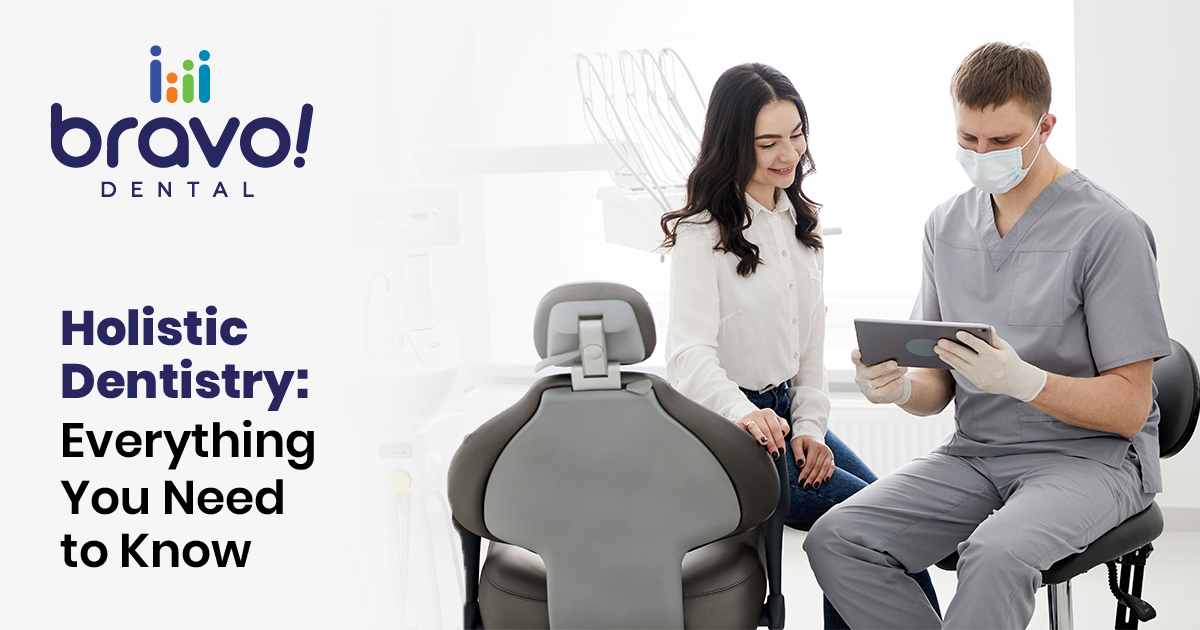
It’s becoming more common to hear that good oral health is important for overall health. Most of us have periodontal or gum disease, which often goes undiagnosed. This could be because we avoid going to the dentist because our teeth feel fine.
Recent research, however, suggests that there are two distinct links between oral health and heart disease. For starters, the study indicates that people with moderate or advanced gum disease are more likely to develop heart disease than those with healthy gums. Second, your oral health can provide doctors with early warning signs for various diseases and conditions, including heart disease.
What is the connection between the heart and teeth?
Bacteria and other germs from your mouth spread to other parts of your body via the bloodstream, thus connecting oral health and heart disease. When these bacteria enter the heart, they can attach to damaged tissue and cause inflammation. Endocarditis, an infection of the inner lining of the heart, can result from this. In addition, inflammation caused by oral bacteria can be linked to other cardiovascular conditions such as atherosclerosis (clogged arteries) and stroke.
Who is at risk?
Patients with chronic gum conditions such as gingivitis or advanced periodontal disease are at the highest risk of developing heart disease as a result of poor oral health, especially if the condition goes undiagnosed and untreated. Bacteria associated with gum infection live in the mouth and can enter the bloodstream, where they attach to blood vessels, increasing your risk of cardiovascular disease. Even if you don’t have visible gum inflammation, poor oral hygiene and plaque build-up put you at risk for gum disease. The bacteria can also enter your bloodstream, causing an increase in C-reactive protein, a marker for blood vessel inflammation. This can increase your chances of developing heart disease or having a stroke.
Symptoms of oral condition:
You may experience these few symptoms if you are having an oral condition;
- You may have gum disease if your gums are red, swollen, and sore to the touch.
- When you eat, brush, or floss, your gums bleed.
- Pus or other signs of infection are visible around the gums and teeth.
- Your gums appear to be pulling away from your teeth.
- You have bad breath on a regular basis or notice a bad taste in your mouth.
- Some of your teeth are loose or appear to be moving away from the others.
Preventative measures
The best way to avoid gum disease is to practice good oral hygiene and have regular dental examinations. Dentists recommend brushing your teeth twice a day with a soft-bristled brush that fits comfortably in your mouth and adequately reaches every tooth surface. You should also floss daily and schedule regular professional cleanings with your dentist. Above all, if you happen to find any abnormality in your teeth or gums, visit your dentist without delay at once. A regular dental check-up is highly recommended to maintain your oral health which in turn maintains your overall health.
Book an appointment and talk to our dental experts at Bravo! Dental to ensure that your oral health is benefiting your overall health. Your heart counts on it!
happy to hear from you, contact us
Fill out the contact form below and Feel free to send any question or query.




